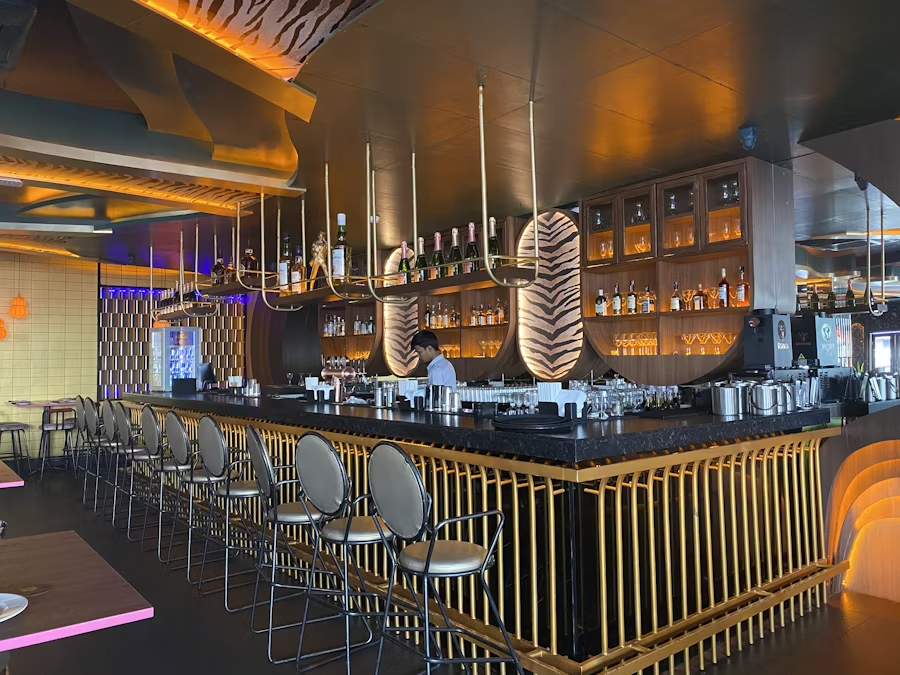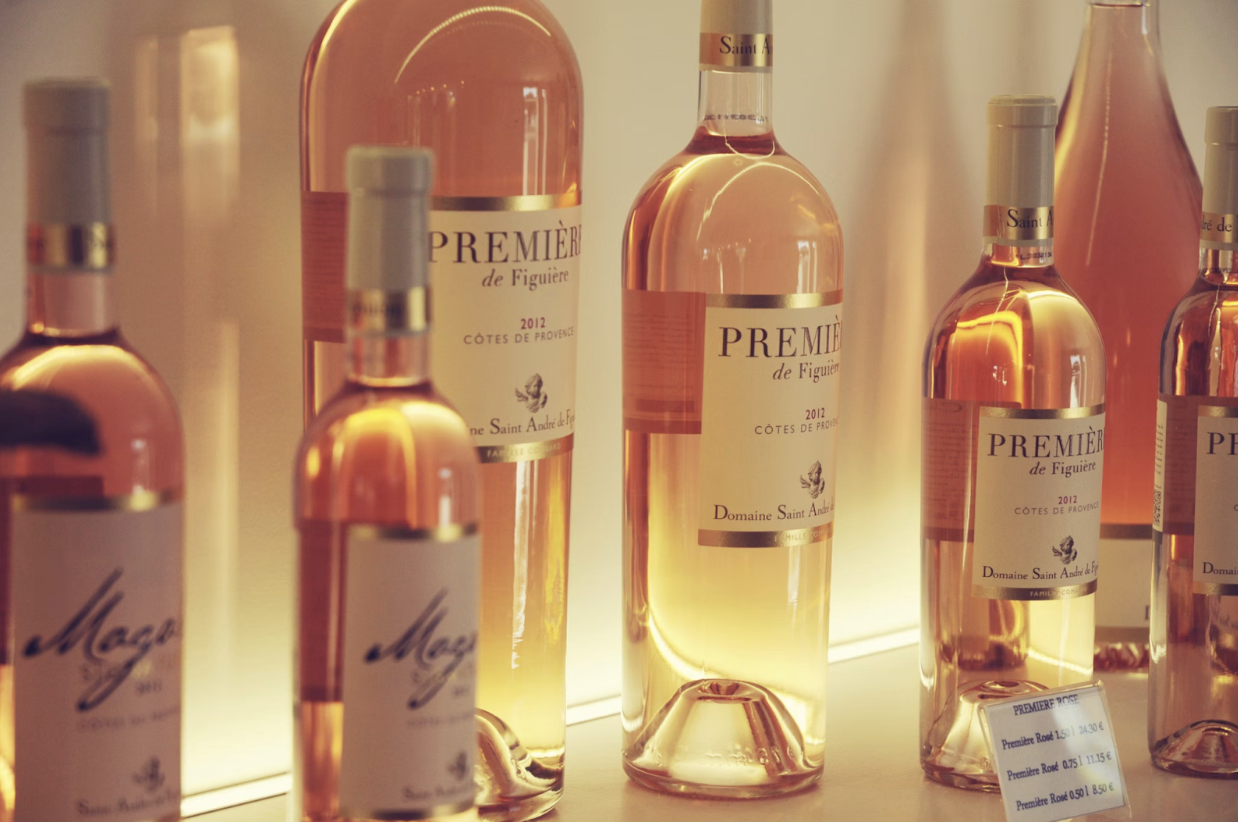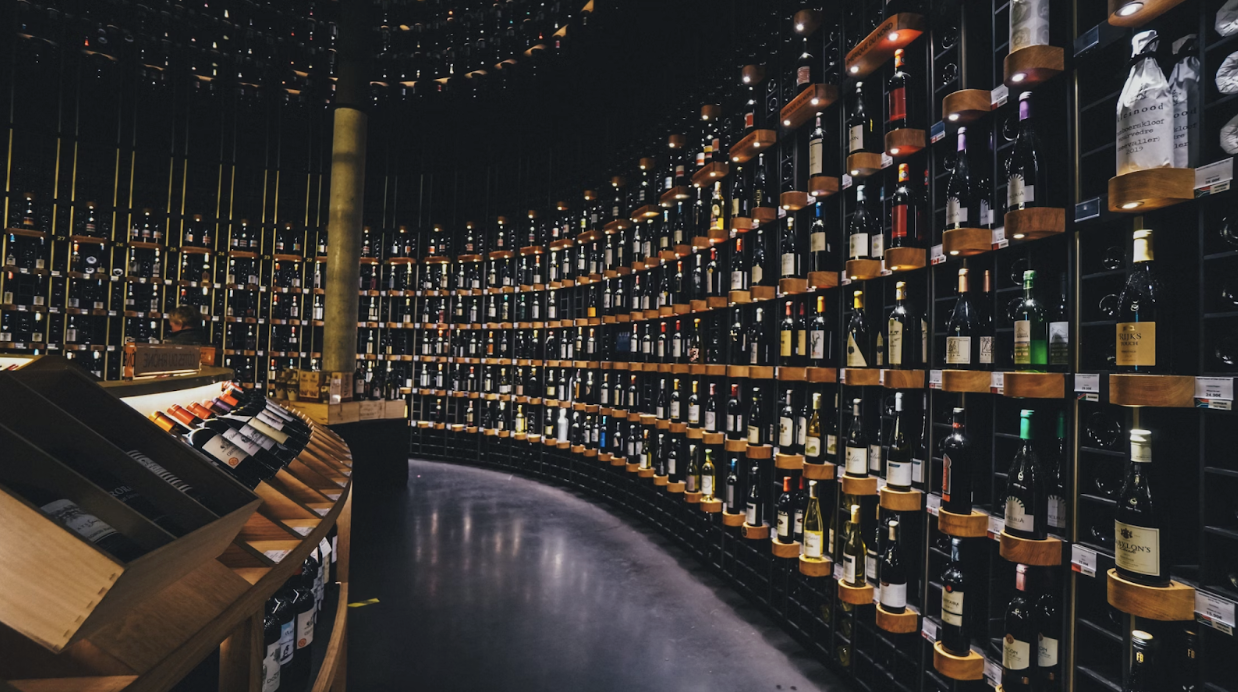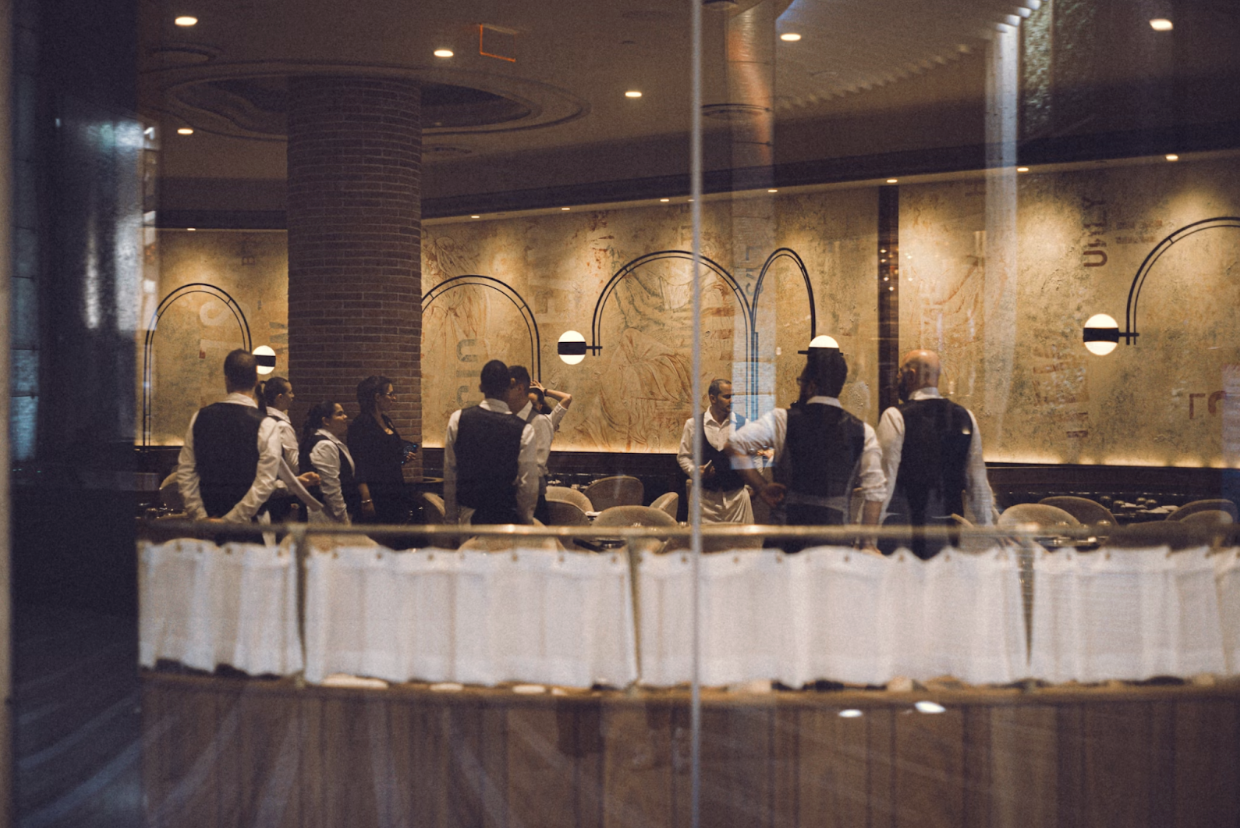The concept of luxury has undergone a profound transformation in recent decades, shifting from material accumulation to experiential richness. This evolution reflects deeper changes in consumer psychology, social values, and the very definition of what constitutes a meaningful life. Modern entertainment venues have become laboratories for this new luxury paradigm, creating spaces where value is measured not by the cost of objects but by the quality of experiences and the memories they generate.
This transformation represents more than a simple trend; it signals a fundamental restructuring of how we understand worth, status, and satisfaction. Traditional luxury was often defined by exclusivity through scarcity, while the new luxury operates on different principles, emphasizing personal meaning, authentic experiences, and the cultivation of sophisticated tastes and knowledge.
The Psychology of Experiential Luxury
Understanding the appeal of experiential luxury requires examining the psychological mechanisms that drive human satisfaction and well-being. Research in positive psychology consistently demonstrates that experiences contribute more substantially to long-term happiness than material purchases, a phenomenon that has profound implications for the entertainment and hospitality industries.
Experiential purchases create lasting memories that actually improve over time, unlike material goods that typically depreciate in both value and psychological satisfaction. This improvement occurs through several mechanisms: memories become more positive as negative aspects fade, experiences become integrated into personal identity in ways that objects cannot, and shared experiences strengthen social bonds that contribute to overall life satisfaction.
The anticipation phase of experiential luxury also provides significant psychological benefits that material purchases cannot match. Planning a special evening, researching venues, and building expectations creates extended periods of positive emotion that begin long before the actual experience. This anticipation period often provides as much satisfaction as the experience itself, effectively multiplying the value derived from the investment.
Social connection represents another crucial psychological component of experiential luxury. Shared experiences create stronger interpersonal bonds than shared possessions, leading to relationships that provide ongoing satisfaction long after the immediate experience concludes. This social dimension transforms individual consumption into community building, creating networks of shared meaning and mutual understanding.
Creating Sophisticated Environments
The design and curation of modern entertainment venues reflects deep understanding of environmental psychology and its impact on human experience. Every element, from lighting and acoustics to spatial layout and material selection, contributes to creating atmospheres that enhance social interaction, promote relaxation, and facilitate memorable experiences.
Lighting design has evolved into a sophisticated art form within entertainment venues, with designers recognizing that illumination affects mood, behavior, and perception in profound ways. Warm, dim lighting promotes intimacy and relaxation, while carefully placed accent lighting can create focal points that guide attention and create visual interest.
Acoustic engineering ensures that venues can facilitate conversation while maintaining appropriate ambiance through background music and sound management. The careful balance between creating an energetic atmosphere and preserving the ability for meaningful conversation requires sophisticated technical solutions that remain invisible to guests while dramatically enhancing their experience.
Spatial design principles create venues that feel welcoming rather than intimidating, using varied seating arrangements, multiple levels, and distinct zones to accommodate different social preferences and group sizes. This thoughtful approach to space planning ensures that venues can serve diverse clientele while maintaining cohesive aesthetic and operational flow.

Cocktail bar establishments exemplify this transformation, moving beyond mere beverage service to create comprehensive experiences that combine expertly crafted drinks with sophisticated atmosphere, knowledgeable service, and carefully curated environments that facilitate meaningful social interaction and memorable experiences.
The Art of Service Excellence
Modern entertainment venues have elevated service from functional transaction to performance art, recognizing that exceptional service creates emotional connections that transform casual visits into loyal patronage. This transformation requires comprehensive training programs that develop both technical skills and emotional intelligence among service staff.
The personalization of service experiences reflects understanding that luxury in the modern era means feeling recognized, valued, and understood as an individual rather than simply being provided with expensive products or services. This personalization requires systems and training that enable staff to remember preferences, anticipate needs, and provide recommendations that reflect individual tastes and interests.
Knowledge-based service has become increasingly important as consumers seek educational experiences alongside entertainment. Staff members who can explain the provenance of ingredients, the history of preparation techniques, or the cultural significance of various offerings transform simple consumption into learning opportunities that add lasting value to the experience.
The timing and pacing of service interactions requires sophisticated understanding of social dynamics and individual preferences. Attentive service that appears effortless requires careful coordination and extensive training to ensure that interventions enhance rather than interrupt the natural flow of social interaction among guests.
Cultural sensitivity in service approaches recognizes that different guests may have varying expectations for interaction levels, personal space, and communication styles. Training programs that develop cultural competency enable venues to serve diverse clientele while maintaining consistent service quality across all interactions.
Staff development programs in modern entertainment venues focus on creating genuine hospitality professionals rather than simple order-takers. These comprehensive programs cover product knowledge, cultural awareness, conflict resolution, and the subtle art of reading guest preferences and adjusting service accordingly. The investment in human capital creates competitive advantages that cannot be easily replicated by technology or automated systems.
The recovery aspect of exceptional service often determines whether negative situations become opportunities for strengthening customer relationships or permanent damage to venue reputation. Staff training that emphasizes creative problem-solving and empowerment to make decisions creates environments where issues can be resolved quickly and satisfactorily, often resulting in stronger guest loyalty than if no problems had occurred.
Premium Product Curation and Education
The selection and presentation of premium products within entertainment venues requires a deep understanding of quality indicators, cultural significance, and the educational opportunities that come with offering exceptional items. This curation process transforms venues from simple retail environments into cultural institutions that preserve and share knowledge about traditional craftsmanship and production techniques.
The education component of premium product offerings creates opportunities for guests to develop more sophisticated tastes while understanding the factors that contribute to quality and value in various categories. This educational approach transforms consumption from simple pleasure-seeking into intellectual and cultural development that provides lasting satisfaction.
The storytelling aspects of premium products add layers of meaning that enhance their perceived value while creating conversational opportunities that facilitate social bonding among guests. Products with compelling histories, traditional production methods, or cultural significance become focal points for social interaction and shared learning experiences.
Seasonal and rotating selections keep experiences fresh while providing opportunities for guests to explore different regions, production styles, and flavor profiles throughout the year. This approach encourages repeat visits while supporting the educational mission of developing more sophisticated appreciation among regular patrons.
The presentation and service of premium products requires specialized training in proper handling, serving temperatures, appropriate glassware, and complementary pairings that maximize the sensory experience while demonstrating respect for traditional customs and optimal consumption practices.

The appreciation of premium spirits represents a particularly sophisticated form of experiential luxury that combines sensory pleasure with cultural education and social ritual. Liqueur collections within entertainment venues serve multiple functions: providing exceptional products for consumption, creating educational opportunities about traditional production methods and regional specialties, and facilitating social experiences through shared tasting and discussion.
Quality selection requires extensive knowledge about production methods, aging processes, and regional characteristics that distinguish exceptional products from mass-market alternatives. This expertise enables venue staff to guide guests through educational experiences that develop appreciation while ensuring appropriate matches between individual preferences and product characteristics.
The integration of premium products with food offerings creates comprehensive sensory experiences that demonstrate how different elements can complement and enhance each other. These pairings require extensive knowledge about flavor interactions, traditional combinations, and innovative approaches that surprise while respecting established principles.
The provenance and sourcing of premium products has become increasingly important to sophisticated consumers who want to understand the complete story behind what they’re experiencing. This includes knowledge about the producers, their methods, their history, and their commitment to quality and tradition. Venues that can provide this depth of information create more meaningful connections between guests and products.
The proper storage and handling of premium products requires specialized knowledge and equipment to maintain quality and ensure optimal presentation. Temperature control, humidity management, and protection from light and vibration all play crucial roles in preserving the characteristics that make these products exceptional.
Staff training in premium product service extends beyond basic knowledge to include proper tasting techniques, note-taking methods, and the ability to guide guests through comparative experiences that develop appreciation and understanding. This educational approach transforms simple consumption into learning opportunities that provide lasting value.
The ritual aspects of premium product service create opportunities for mindful appreciation that contrast with hurried modern consumption patterns. These rituals slow down the experience while creating space for reflection and genuine appreciation of craftsmanship and tradition.
Guest education programs that extend beyond immediate service create ongoing relationships and develop loyal patrons who return to continue their learning journey. These programs might include structured tastings, producer visits, or educational seminars that deepen understanding and appreciation over time.
Heritage and Traditional Craftsmanship
The preservation and celebration of traditional craftsmanship within modern entertainment venues creates bridges between historical knowledge and contemporary appreciation. This connection to heritage adds depth and meaning to experiences while supporting the continuation of traditional skills and knowledge that might otherwise be lost to industrial production methods.
Traditional production methods often require significantly more time, skill, and attention than industrial alternatives, resulting in products that demonstrate human craftsmanship in ways that create emotional connections between consumers and makers. Understanding these production methods adds appreciation for the skill and dedication required to create exceptional products.
Regional specialties provide opportunities for cultural exploration and education that transform entertainment venues into informal cultural centers where guests can learn about different traditions, ingredients, and techniques from around the world. This cultural dimension adds intellectual engagement to social experiences while promoting understanding and appreciation of diverse traditions.
The aging and maturation processes involved in many premium products create connections to time and patience that contrast sharply with modern expectations for instant gratification. Appreciating products that require years or decades to develop properly teaches patience while creating respect for long-term thinking and delayed gratification.
Master craftspeople who oversee traditional production processes often possess knowledge passed down through generations, creating direct links to historical practices and cultural heritage. This human element adds personal stories and authentic connections that enhance the meaning and value of premium products beyond their sensory characteristics.
The terroir concept, traditionally associated with wine, applies equally to many heritage spirits, where geographic factors, climate conditions, and local traditions combine to create distinctive regional characteristics. Understanding these environmental influences helps guests appreciate the complex relationships between place, tradition, and product quality.
Seasonal variations in traditional production reflect natural cycles and historical practices that modern industrial methods often ignore. These variations create unique products that capture specific moments in time while demonstrating the importance of working with rather than against natural processes.

The appreciation of heritage spirits like cognac exemplifies how traditional craftsmanship can be preserved and celebrated within modern entertainment contexts. These products represent centuries of accumulated knowledge about distillation, aging, and blending techniques that create complexity and character impossible to achieve through industrial methods.
Understanding the classification systems used for premium spirits helps guests appreciate the standards and traditions that govern quality levels. These systems often reflect centuries of refinement and represent collective agreements about what constitutes excellence in specific categories.
The blending arts practiced by master distillers represent some of the most sophisticated applications of sensory expertise and traditional knowledge available in any field. Learning about these techniques provides insights into how human skill and experience can create products that transcend their individual components while maintaining consistency across different batches and years.
Technology Integration and Human Connection
The thoughtful integration of technology within modern entertainment venues demonstrates how digital tools can enhance rather than replace human interaction when implemented with clear understanding of their appropriate role. The goal remains facilitating authentic human connection while using technology to remove friction and create opportunities for more meaningful engagement.
Environmental controls managed through sophisticated technology systems create optimal conditions for social interaction without requiring constant manual adjustment by staff. These systems monitor and adjust lighting, temperature, humidity, and air quality to maintain comfortable conditions while remaining invisible to guests.
Information management systems enable staff to remember preferences, track visits, and provide personalized recommendations without creating feelings of surveillance or intrusion. The key lies in using information to enhance service while respecting privacy and maintaining the spontaneous aspects of social interaction.
The balance between efficiency and authenticity requires careful consideration of when technology enhances experience and when human interaction provides irreplaceable value. The most successful venues use technology to handle routine tasks while preserving human expertise for complex decisions and personal interactions.

Economic Models and Cultural Impact
The economics of experiential luxury differ fundamentally from traditional retail models, requiring venue operators to think differently about pricing, value creation, and customer relationships. Success depends on creating experiences that justify premium pricing while building loyalty that generates sustainable revenue over time.
The time-based value proposition recognizes that guests are investing time as well as money in experiences, requiring venues to ensure that every moment provides value commensurate with the overall investment. This approach emphasizes quality over quantity while creating environments where time passes enjoyably.
Modern entertainment venues bear responsibility for their impact on local communities, cultural preservation, and social development that extends beyond simple profit generation. This responsibility includes supporting local suppliers, preserving traditional knowledge, and creating positive social environments that contribute to community well-being.
Supporting artisanal producers and traditional craftspeople helps preserve knowledge and skills while providing authentic products that enhance guest experiences. This support creates economic opportunities for small-scale producers while maintaining the diversity and quality that distinguish premium offerings.
Conclusion: The Future of Experiential Luxury
The transformation of luxury from material accumulation to experiential richness represents a fundamental shift that will continue shaping the entertainment industry for decades to come. This evolution reflects deeper understanding of human psychology, changing social values, and growing appreciation for authentic experiences over superficial status displays.
Success in this new paradigm requires venues to excel across multiple dimensions simultaneously: creating beautiful environments, providing exceptional service, curating premium products, preserving cultural knowledge, and fostering meaningful social connections. This complexity demands sophisticated management and staff training while providing opportunities for differentiation and sustainable competitive advantage.
The future belongs to entertainment venues that understand experiential luxury not as expensive consumption but as meaningful engagement with quality, tradition, and community. These venues will continue to thrive as consumers increasingly prioritize experiences that enrich their lives over possessions that merely display their wealth.







